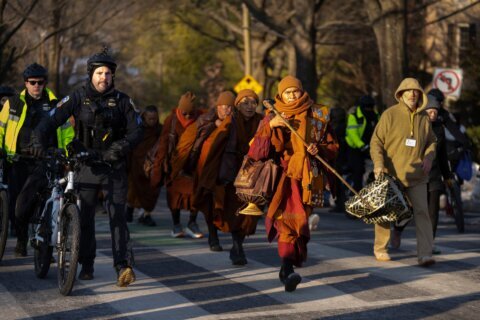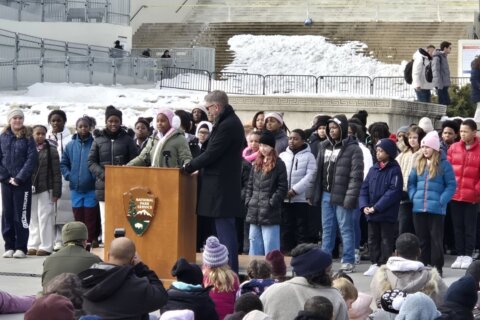This video is no longer available.
Residents of several neighborhoods in upper Northwest D.C. are under a boil water advisory until at least Friday after a large water main break on Wednesday afternoon.
DC Water said neighborhoods where residents should only drink the water after boiling it include Upper Chevy Chase, Ft. Reno, American University, Spring Valley, Friendship Heights, Westover Place, Wakefield, North Cleveland Park, Palisades, Wesley Heights, Foxhall Crescent, Foxhall Village, Hawthorne, Barnaby Woods and Chevy Chase.
Overall, about 4,800 customers are impacted.
You can look up your address on an interactive map from DC Water to see if you are affected.
DC Water said the water main break on Wednesday afternoon caused a loss of water pressure, which could allow bacteria and other disease-causing contaminants to enter the system. DC Water said there is no indication the water has been contaminated, and the boil water advisory has been issued as a precaution.
As crews worked to repair the break at Morrison and 40th Streets in Northwest, several residents flocked to nearby grocery stores, where shelves of bottled water were emptied out.
At the Giant in Cathedral Heights, Rebecca Moreno said she was picking up bottled water not only for herself, but for her cat as well. She said her jaw dropped when she saw the empty shelves at the store.
“I was, like, ‘It’s happening, again’ just because I got flashbacks to COVID,” she said.
This video is no longer available.
The advisory will be lifted after testing of samples collected from the affected area shows no bacteria present on two consecutive days, which will be Friday at the earliest.
Guidance from DC Water is below:
Customers in the impacted area should follow this guidance at this time:
- Discard any beverages and ice made after 10:30 a.m. on Wednesday, May 8, 2024.
- Run cold water until clear (if discolored) prior to boiling.
- Run cold water for 2 minutes if known sources of lead are present prior to boiling; if possible, first filter the water using a NSF/ANSI Standard 53 lead-certified filter and second boil it. For particle reduction, use an NSF/ANSI Standard 42 filter.
- Bring water to a rolling boil for 1 minute and let it cool.
- Store cooled water in a clean, covered container.
Cooled, boiled water or bottled water should be used for:
- Drinking
- Brushing teeth
- Preparing and cooking food
- Washing fruits and vegetables
- Preparing infant formula
- Making ice
- Giving water to pets
Customers report ‘low or no water pressure’
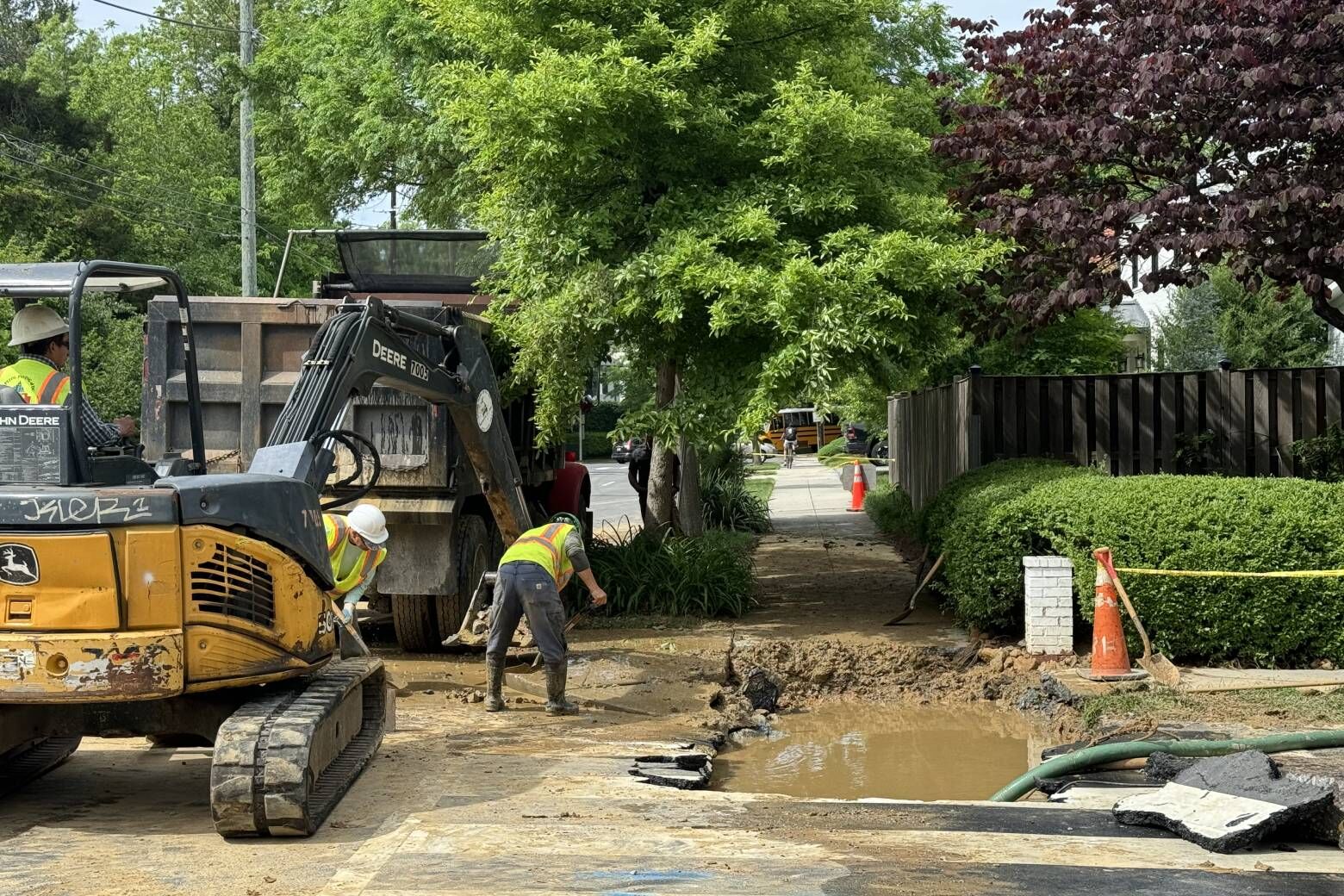
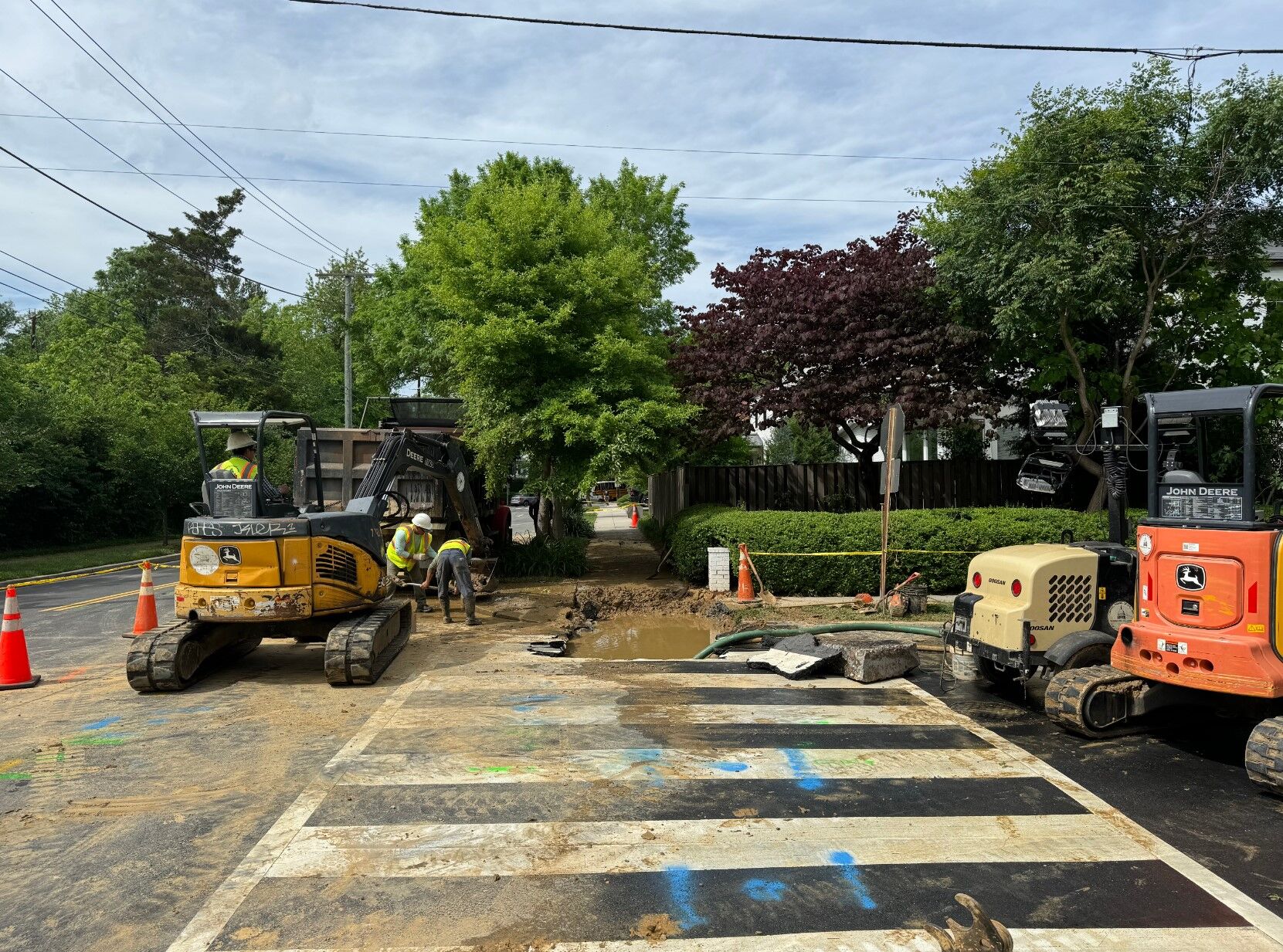
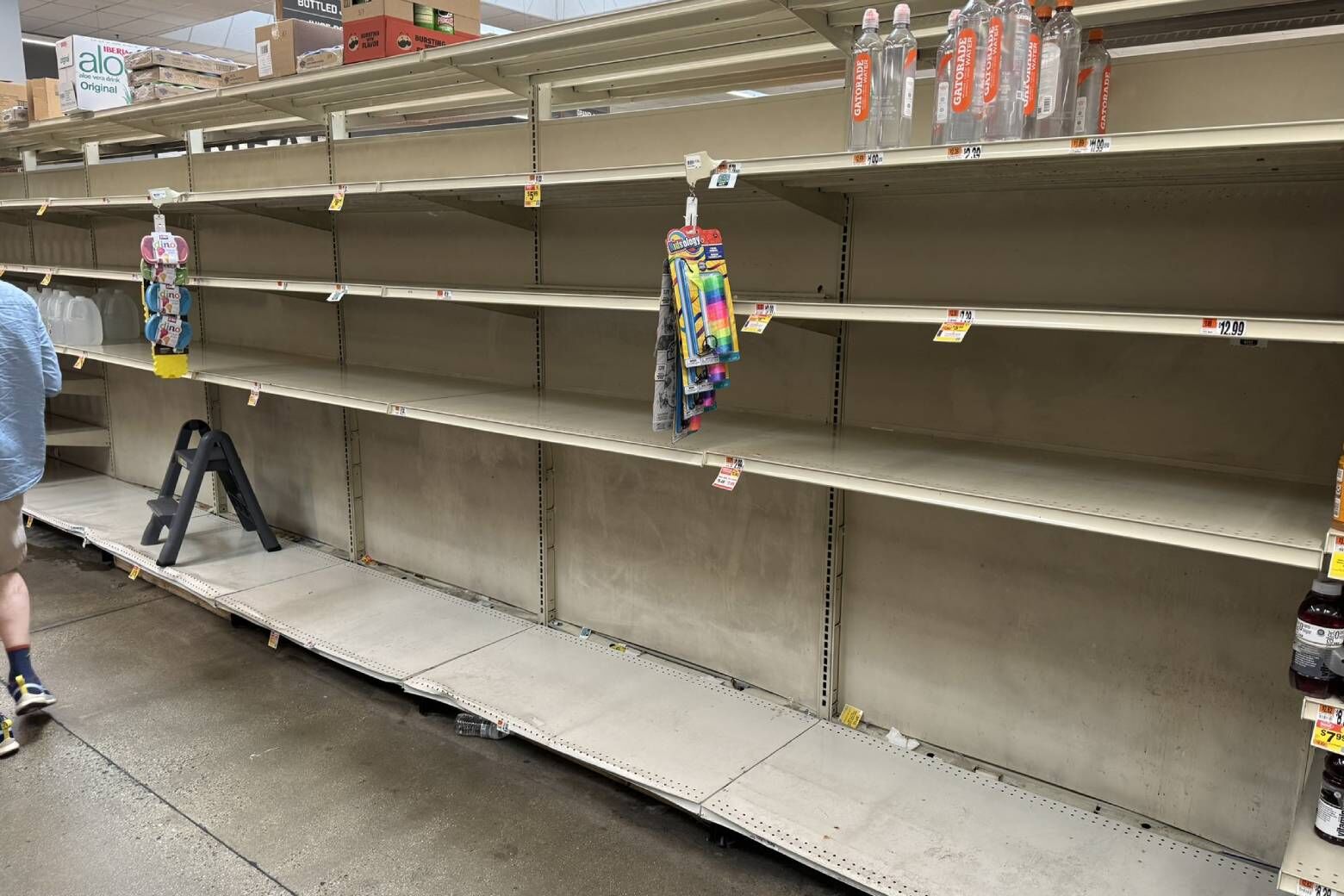
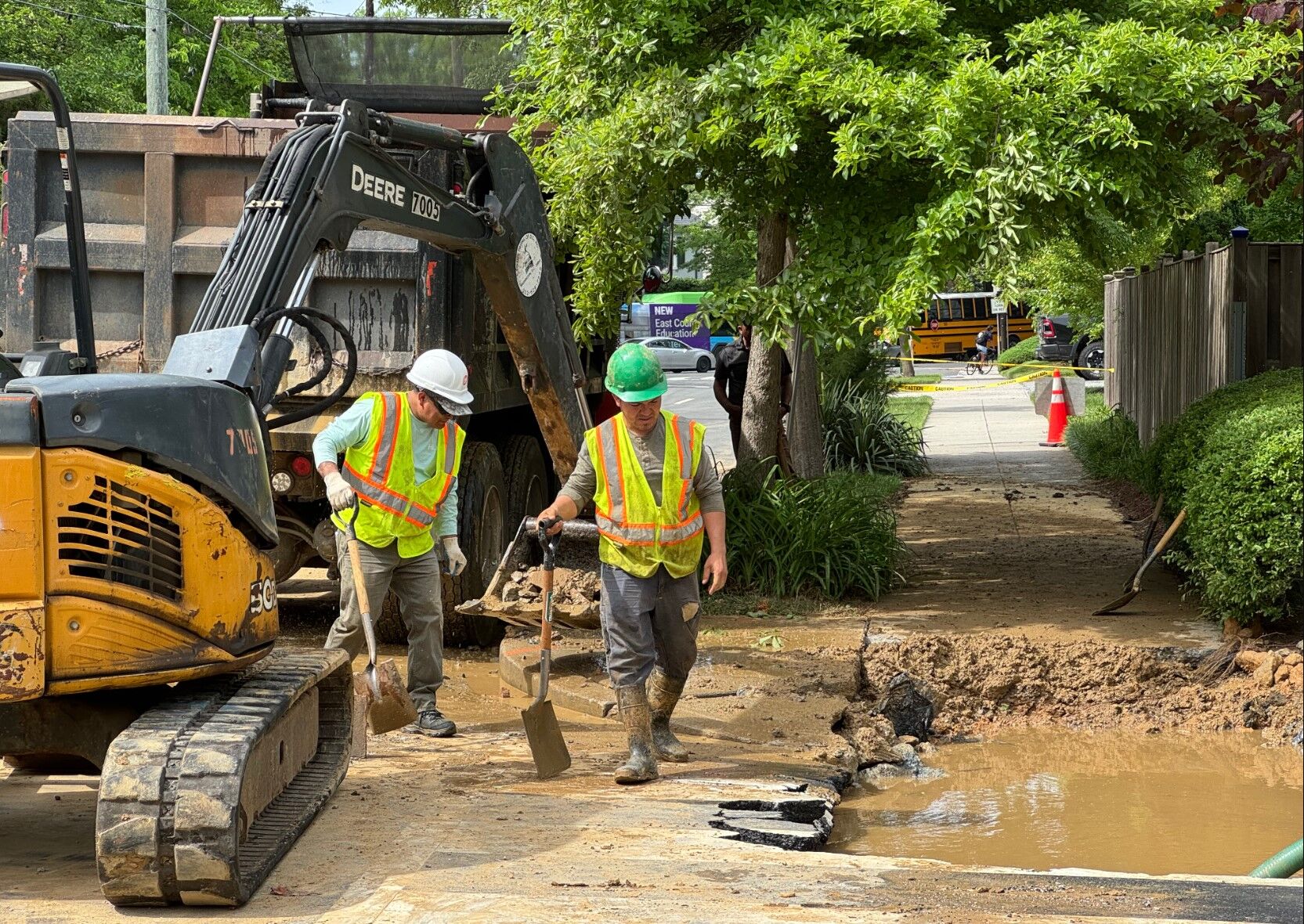
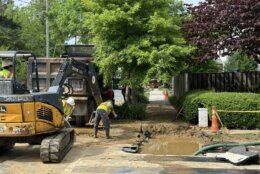
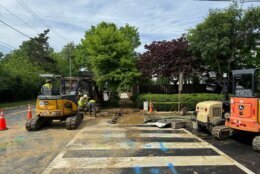
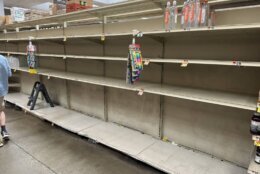
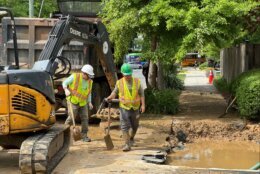
Earlier Wednesday, DC Water received several calls from customers experiencing “low or no water pressure.”
The utility said it restored system pressure for most of the affected area by 11:30 a.m., except for a small section near the 20-inch water main where the break occurred. DC Water said it has begun testing the water but it has no information whether the water was contaminated.
Bacteria and other disease-causing contamination such as viruses and parasites can cause symptoms such as diarrhea, cramps, nausea, headaches, or other symptoms, which could pose health risks to vulnerable groups, the utility said in a news release.
If you have questions about water quality, call the utility’s Department of Water Quality at 202-612-3440.
WTOP’s Mike Murillo and Abigail Constantino contributed to this report.
Get breaking news and daily headlines delivered to your email inbox by signing up here.
© 2024 WTOP. All Rights Reserved. This website is not intended for users located within the European Economic Area.


